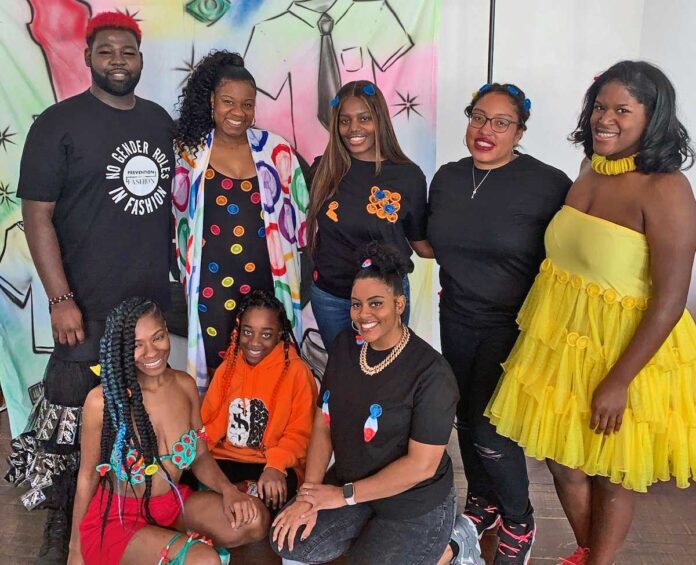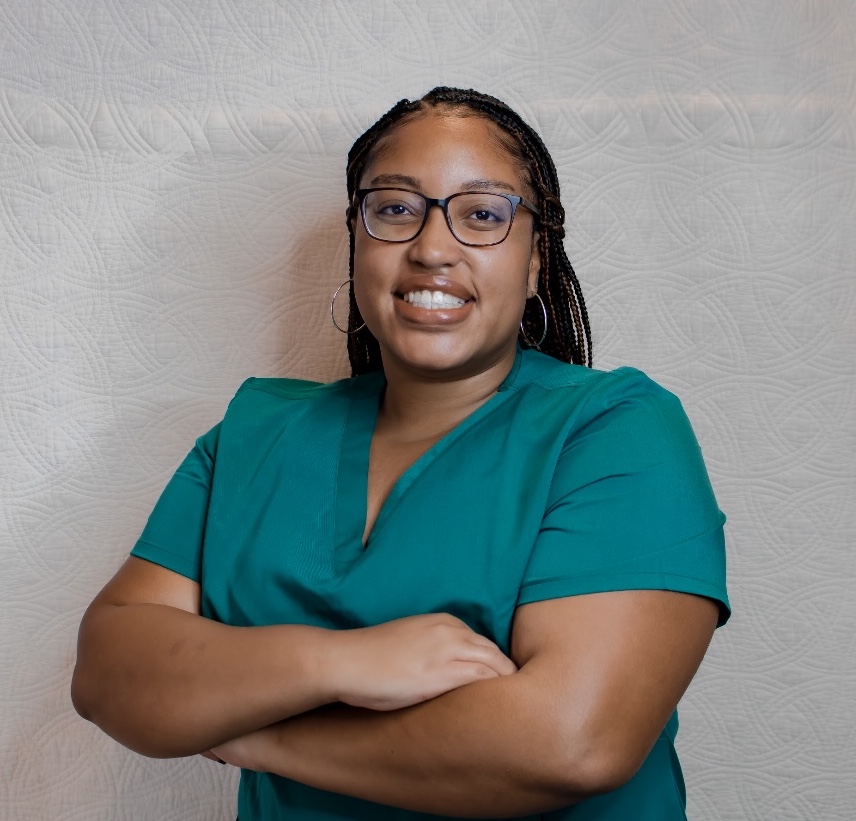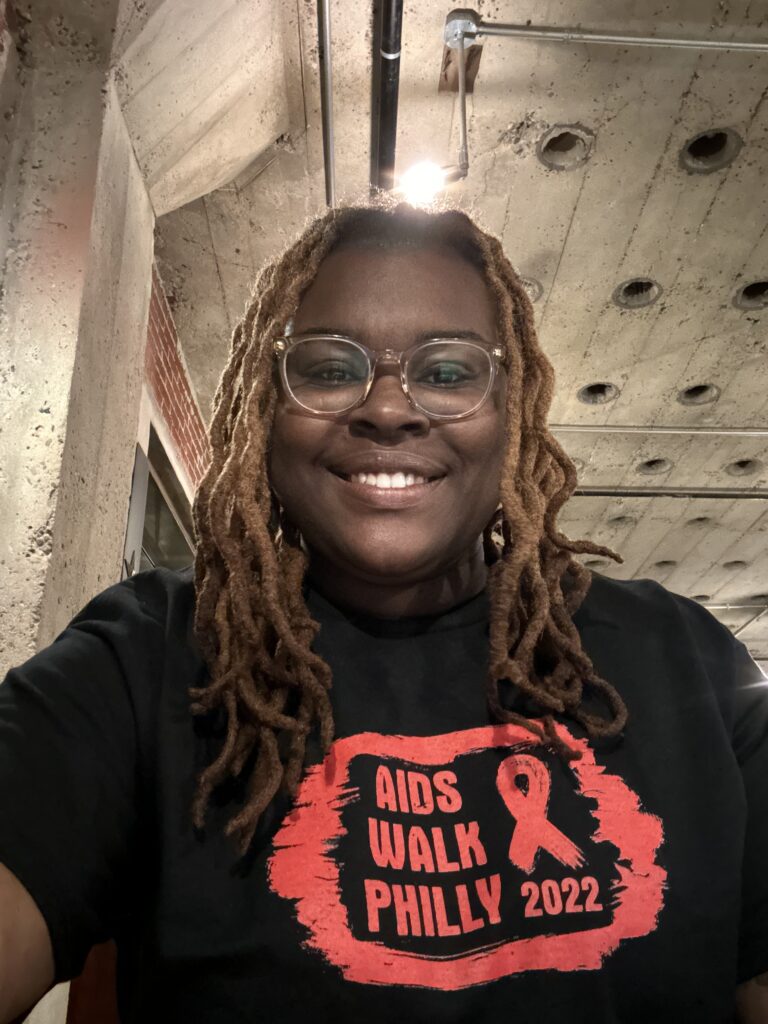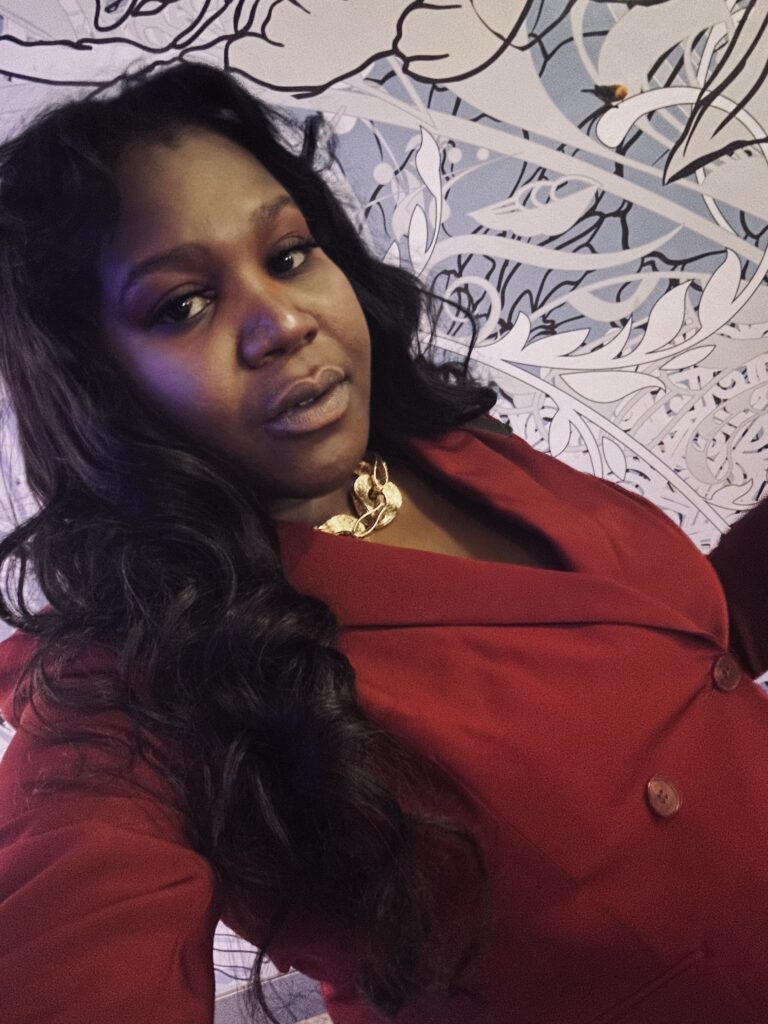
In continued conversations around HIV education, the organization Prevention Meets Fashion (PMF) is currently holding its second annual Women’s History Month HIV and AIDS Speakers Series. The first session in the series, HIV and Birth Work, took place on March 17, 2023. The remaining two sessions, HIV and Incarcerated Women, and HIV and Trans Women, will take place on March 24 and March 31, respectively. With a focus on people of color and LGBTQ+ communities, PMF offers a variety of programs and resources geared toward fashion, sex education, advocacy and community.
“HIV is still really stigmatized, and for women, talking about HIV is even more stigmatized,” said Nhakia Outland, PMF executive director and moderator of the speakers series. By women, Outland and the speakers include trans women, cis women and gender nonconforming people.
Outland is a social worker and sexuality educator with a background in HIV and sexually transmitted infection (STI) education in LGBTQ communities. She decided to create the women and HIV series when she observed that most of the conversations about HIV are typically centered on men who have sex with men (MSM).
One in four women in the U.S. are living with HIV, Outland told PGN. “This spans the range of ages, races, ethnicities. Some women are more at risk than others, especially Black and trans women. We invite people to ask questions, and we try to give them resources [about] where they can get tested, why it’s important to get tested.”
Kailah King-Collins, MPH, HIV linkage and navigation specialist at Mazzoni Center and owner of The Emerald Doula, which provides pregnancy, birth & postpartum services, led the panel on birth work as related to HIV. As a doula, she works in Philly and beyond as “a continuous source of knowledge, encouragement and support for birthers,” per her website.

Though she has never specifically worked with a pregnant person living with HIV, King-Collins talked about the intricacies of HIV and pregnancy during her session. She touched on some of the common questions among pregnant people living with HIV and people who are thinking of starting a family, such as whether it’s safe to have children if you’re living with HIV, whether HIV can be transmitted from parent to baby and how pregnant people can prevent passing HIV to their baby.
“There would definitely be some nuances and potential challenges navigating the healthcare system and supporting [a pregnant person living with HIV], especially if that person were to be Black or of color,” King-Collins said. “That’s another layer of bias and discrimination.”
She also discussed new HIV infection rates among women, including trans women, and why Black women still experience the highest frequency of new HIV infections among all cis women. “A lot of that lends back to stigma, lack of education, misinformation and not getting tested,” King-Collins said. Indications for navigating healthcare, getting tested and staying in care were other topics that she covered.
Some of the misconceptions around women and non-men who are living with HIV include the idea that only LGBTQ people get HIV, or that someone living with HIV is experiencing drug addiction.
“Not everyone who’s exposed to HIV or contracting HIV is engaging in MSM behavior, or is trans or using intravenous drugs,” King-Collins said. “There are other ways to contract HIV; there are other demographics outside of MSM folks or the trans community who are contracting HIV. Because of those stigmas people are thinking, ‘I’m fine, I don’t need to get tested, I don’t need to use a condom.’”
PMF MSW Intern Amonna Pinkney will facilitate a session on March 24 on incarcerated women living with HIV, the barriers to care that they experience, and how to increase equity.

“I think a lot of people, when they think about women and HIV, they forget about those who are incarcerated and the fact that they don’t have as much access to quality healthcare as somebody living on the outside does,” Pinkney said. “I do want to raise awareness of some of the struggles women face in prison, in jail, as well as how to make it more equitable for them.”
One misconception about women who are incarcerated and living with HIV, or anyone with an STI, is that they’re somehow dirty, Pinkney said. “[That’s] absolutely not true.”
Another myth regarding women who are incarcerated and living with HIV is that some people think that they deserve it, Pinkney said. “Some people say things like ‘why are they in jail and is it connected?’ They automatically [think of] sex work and things like that.”
Tatyana Woodard, community affairs manager at Mazzoni Center, and co-founder and director of Ark of Safety LGBTQ+ Safe Haven, will lead the discussion on trans women living with HIV. That session will take place on Friday, March 31, on Trans Day of Visibility.
Conversations about HIV rarely include trans women, Woodard said. Although there exist several HIV-centric programs in Philadelphia, Woodard feels that there are none that specifically meet the needs of trans people living with HIV, she said.
“I think that a lot of times the topic goes undiscussed, and due to stigma, community members aren’t often expressing their needs,” Woodard said. “I think sometimes instead of being communicated or asked, I think those needs are just assumed by these larger [healthcare] organizations.”

Transphobia is still the culprit for why many trans women are reluctant to get tested or treated for HIV, Woodard said. Part of that manifests in the absence of trans women depicted in public messaging around HIV care and prevention. She added that it’s important to have a larger conversation about data on trans women and HIV, too.
“In recent years, we started to see the breakdown of gender identity when it comes to filling out an intake form, when it comes to the data that’s collected by the CDC and [Philly’s Division of HIV Health],” Woodard said.
The fallacy that a lot of trans women contract HIV through sex work is another misconception that Woodard would like to dispel. Many trans women get HIV from sexual partners, she said. “We’re extra cautious when it comes to sex work, but it’s kind of letting our guard down and being vulnerable with partners who we have some level of trust with.”
For information about how to access PMF’s HIV and AIDS Speakers Series, visit Prevention Meets Fashion’s website. To register for one of the speakers series, click here.